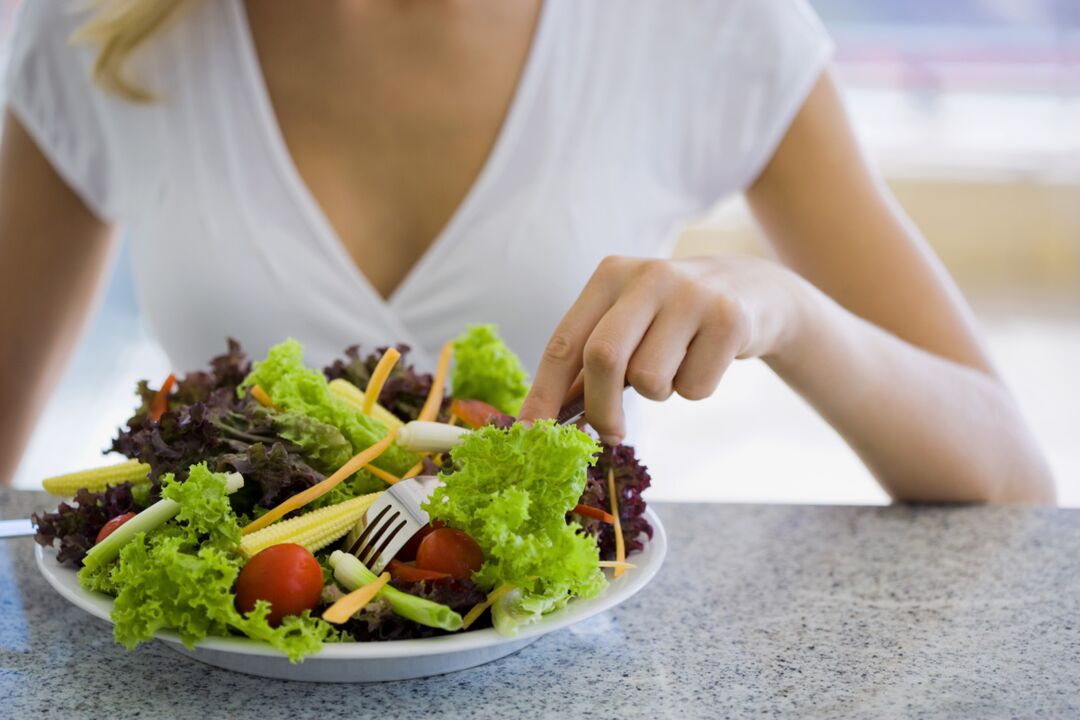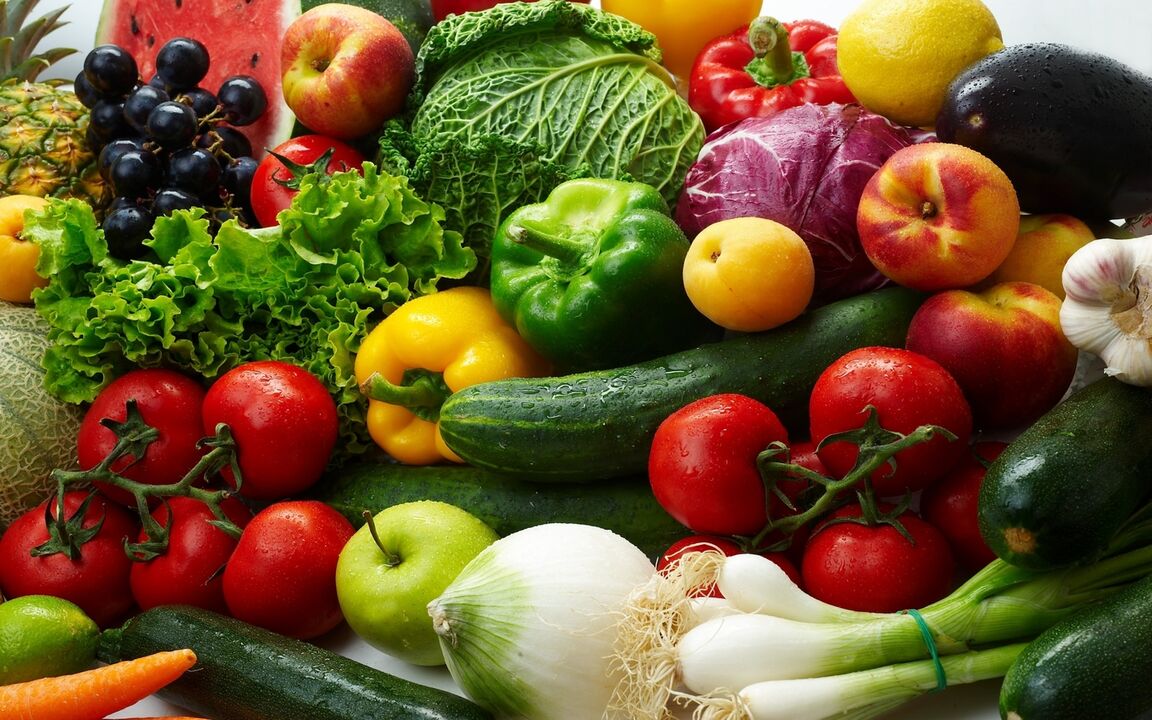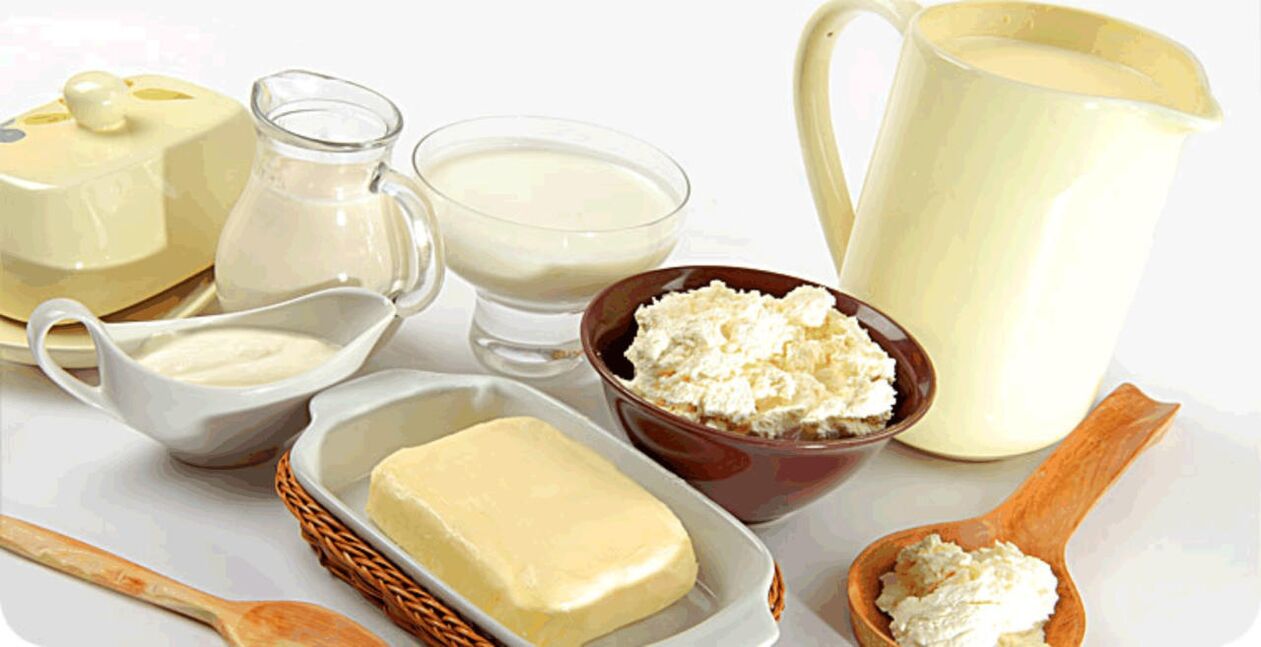In severe diseases, especially autoimmune diseases, medical treatment alone is not enough. In addition to medications, the patient is prescribed physiotherapeutic procedures and is advised to follow a special nutritional system. You also need a diet for gout and high uric acid.
What substances increase uric acid
Acute joint pain and redness of the skin indicate a disorder of uric acid metabolism and complications caused by its excess. As a rule, the percentage of urea in the blood increases due to metabolic disorders. Acid-bound salts turn to stones, leading to gout and urinary stones.
First of all, diseases occur in people who are genetically close to them, but the wrong lifestyle also contributes to an increase in uric acid levels. Excessive consumption of alcohol, flour, sweets, fatty and spicy foods, as well as poor nutrition can contribute to the development of the disease.
The diet for gout is temporary, not permanent and cannot be broken. The principles of nutrition for gout can be distinguished:
- Complete elimination of products containing purines: cocoa beans, tea, river fish, sprats, herring, sardines, asparagus, spinach, beans, fatty beef and pork, liver.
- Reducing the intake of proteins that increase urate content.
- Drink plenty of water to remove uric acid and salts.
- Eliminate or significantly reduce salt consumption. If consumed, in small quantities during cooking.
- With a well-balanced diet, you can get all the nutrients you need without overloading your body.

What foods to eat
Since diet is stable for gout and high uric acid, it should become a habit and a way of life. It is better to eat according to the plan, that is, all products and meals should be provided in advance. Otherwise, there is a chance to eat the harmful product. Of course, to do this you need to consult a doctor and make a list of allowed foods. The list of what to eat for gout and what foods can be prepared includes the following foods:
- Certain types of meat and fish (chicken, turkey, rabbit). the meat is only boiled and lean;
- seafood;
- eggs (not more than once a day);
- vegetable oils (oils can also be consumed, but rarely and in limited quantities);
- cereals (except rice) and pasta;
- It is recommended to use a lot of vegetables, fruits and herbs, with a few exceptions - parsley, celery, radish;
- dairy products should be fat-free - yogurt, kefir, fermented boiled milk, unsalted cheese;
- It is best to remove spices, but sometimes you can use small amounts of bay leaf, cinnamon, vanilla, vinegar;
- sweets only from natural products - honey, jam, marmalade;
- alcohol should be completely eliminated, but in very rare cases 100 g of vodka is not allowed;
- Drinks - ordinary and mineral waters, juices from permitted fruits, rose soup, chicory, fruit drinks.

What not to eat
It is not allowed to eat raw food with the permitted foods, but it is necessary to decide to prepare different dishes:
- sausage and fatty meat;
- tomatoes, asparagus, cauliflower, spinach;
- canned vegetables and canned fish and meat;
- mushrooms in various forms;
- fatty dairy products;
- animal fats;
- plums;
- smoked products (fish, meat);
- incense;
- sweets, especially with an abundance of sour cream;
- bitter and salty secrets.

The list of permitted and prohibited products should be tailored to each individual case. This should also be considered if the patient has concomitant diseases, such as diabetes or diseases of the internal organs. It should also be borne in mind that different types and stages of gout require temporary restrictions, even for the selected diet. Thus, with aggravation, the meat and fish are completely removed.
If a person suffers from swelling of the joints, it is recommended to use decoctions of watermelon and herbs.
The right menu
Not only sound education but his alertness and dedication too are most required. Breakfast is a very important meal - it can either make or break your day. Suitable for: cereals, cheesecakes, boiled eggs with vegetables, pancakes. For lunch, choose vegetables, boiled meat, steamed meatballs or cutlets, compotes, vegetable salads, milk soups and cereals.
Dinner should be light, but do not leave you hungry. It is better to choose low-fat dairy products from vegetables: vegetable and cottage cheese casserole, jam, kefir, dried fruits, fish cooked with vegetables and others. Nutritionists recommend fasting once a week. But never go without food! Small amounts of fruits and vegetables, as well as sour milk products are ideal for such days.
In any case, the treating physician and dietitian must determine which foods to eat and which to avoid. Choosing a diet on your own is not safe - in the treatment of one disease you can get another.














































































